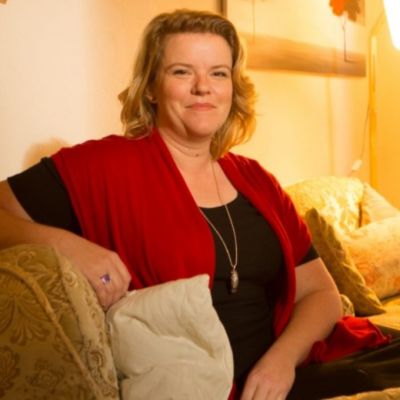With savings aplenty, why don't these millennials want to buy a house?
Speaking to millennials reveals a growing trend of spending their money on lifestyle and experiences over property.
30-year-old single construction worker Rob* has an annual salary of $120,000, with $85,000 in savings. He is renting an apartment in Melbourne’s Caulfield with a friend at a personal cost of $275 a week. Until recently, he was living at home.
Despite having the savings and salary to support a mortgage, Rob says he has no desire to buy property in the foreseeable future.
“The feeling of giving this lump sum of money away that you’ve worked so hard for doesn’t really seem that tempting, especially when considering you are then faced with ongoing mortgage repayments from that point after,” he says.
“Further to that, the end prize is most likely just going to be one of the standard shoebox style apartments that are on the market at the moment, because that’s all I’ll be able to afford.”
Rob spends his earning mainly on travel, dining out, music and sporting events.
“I think the most important things in life are enjoyment, life experience and the feeling of freedom,” he says.
Beyond lifestyle choices, there are also financial reasons why Rob does not see buying property as a desirable choice.
“[I don’t] want to risk buying something now because of a possible housing bubble in Melbourne,” he says.
“Not having a partner and effectively a double salary also makes it harder to borrow money from the bank to allow me to buy a place that I would be truly happy with,” he says.
“It will be years until I decide to buy, and will depend on if I find a job I love and if the salary is high enough to suffice, otherwise I won’t really consider it.”
27-year-old Sarah* is single and works as a receptionist in Wagga Wagga, NSW on an annual salary of below $45,000.
Her commitment to saving since her late teenage years sees her with $100,000 in the bank. She lives at home and pays $100 of weekly board to her parents, as well as contributing to bills and expenses — but she’s still reluctant to buy a property.
“I have seriously thought about it a few times, but the thought of having a mortgage by myself is a daunting prospect,” she says. “I’ve decided to travel before buying a house.”
The fact she’s in Wagga, rather than Sydney or Melbourne, hasn’t convinced her to take the plunge either.
“When you are trying to get a loan by yourself, even with a decent amount of savings, it is a huge ask,” she says. “If you miss a payment, it’s on you. You don’t have the backing or support of someone.”
Dr Dallas Rogers is an expert in urban and housing studies, and a senior lecturer in The Faculty of Architecture, Design and Planning at The University of Sydney.
He says there is no good data on millennials’ housing motivations, particularly for those with large savings. However, there are many several macro lifestyle changes that might be motivating them.
“We living in an increasingly mobile world and many young people need to keep their options open in terms of being free to move for job opportunities,” Dr Rogers says.
“Committing to a large mortgage can place people under huge emotional and financial pressure. Some people don’t want that stress in their life. It can be a trade-off between a mortgage and a holiday.”
Financially speaking, however, Dr Rogers says it remains more lucrative to place money in property rather than in savings.
“Capital gains growth in real estate can grow much faster than deposit savings. In some places, the required deposit amount can increase sharply over just a few years, so this strategy only works when housing markets are slowing or falling,” he says.
With regards to the single marital status of these case studies, Dr Rogers says showcases society’s changing social attitudes, and the housing system failing to keep up.
“We need to build more affordable housing for those who choose to live alone for longer or indefinite periods,” he says.
*Names have been changed or withheld for privacy and security
We recommend
We thought you might like
States
Capital Cities
Capital Cities - Rentals
Popular Areas
Allhomes
More










